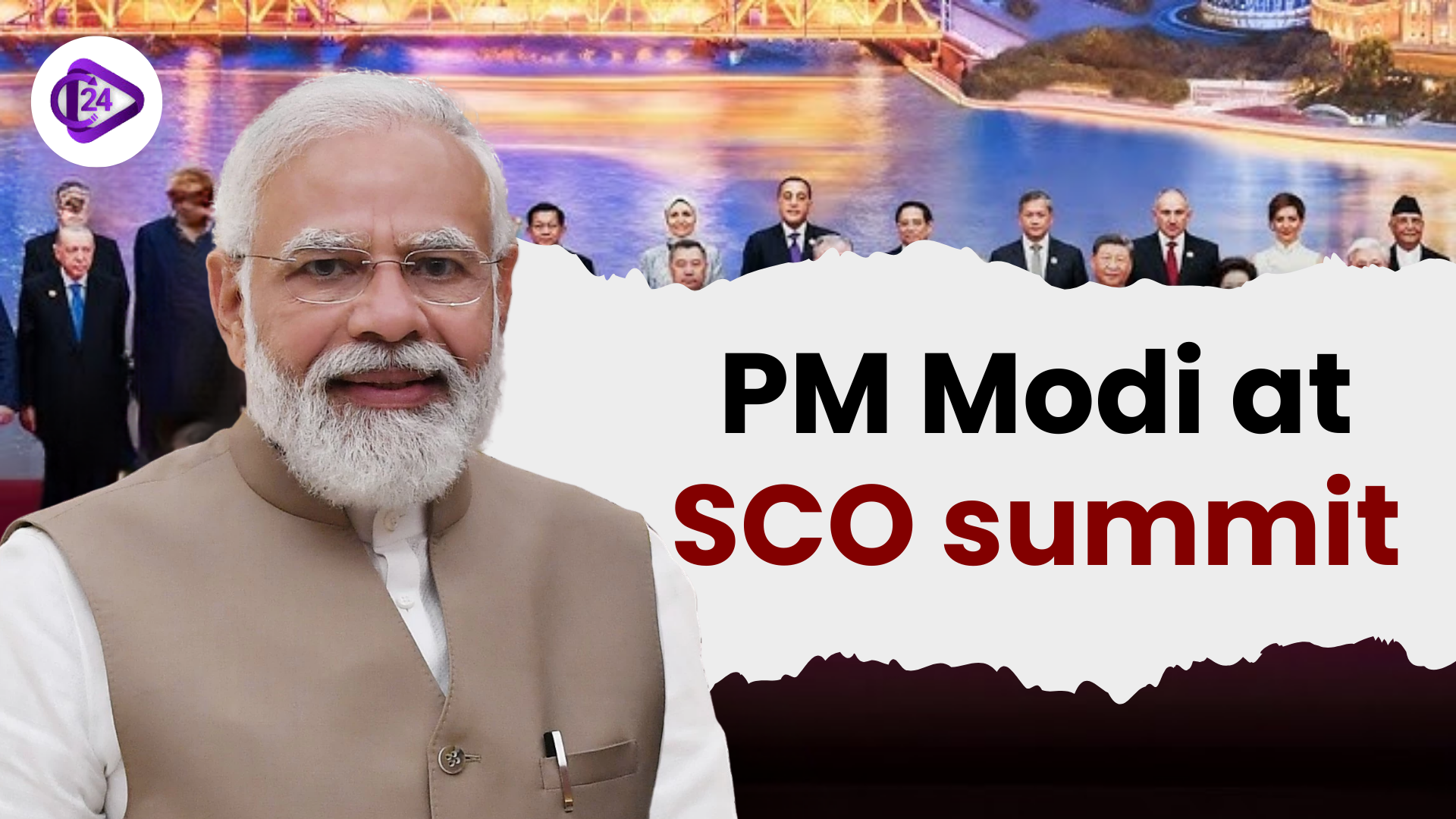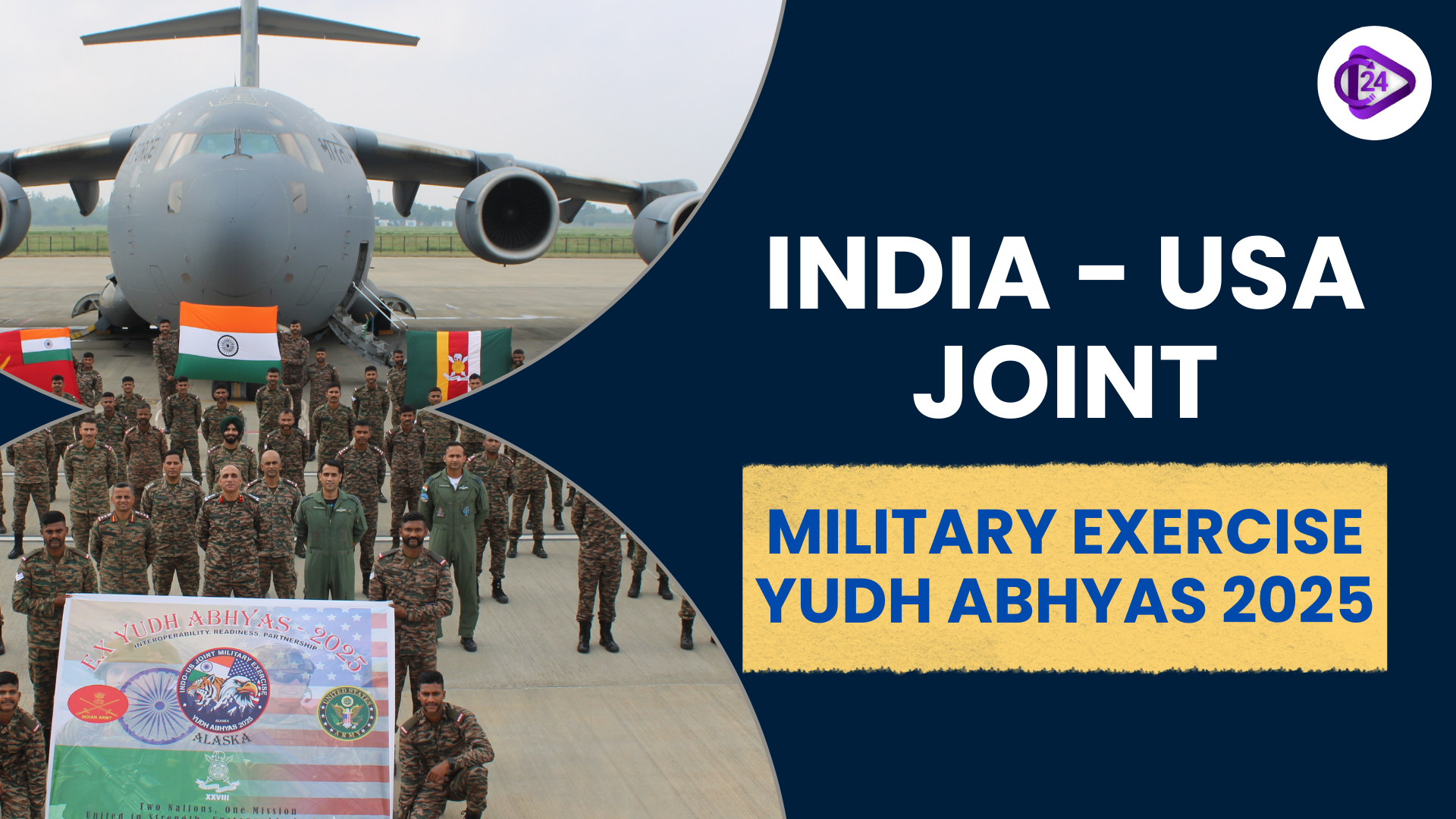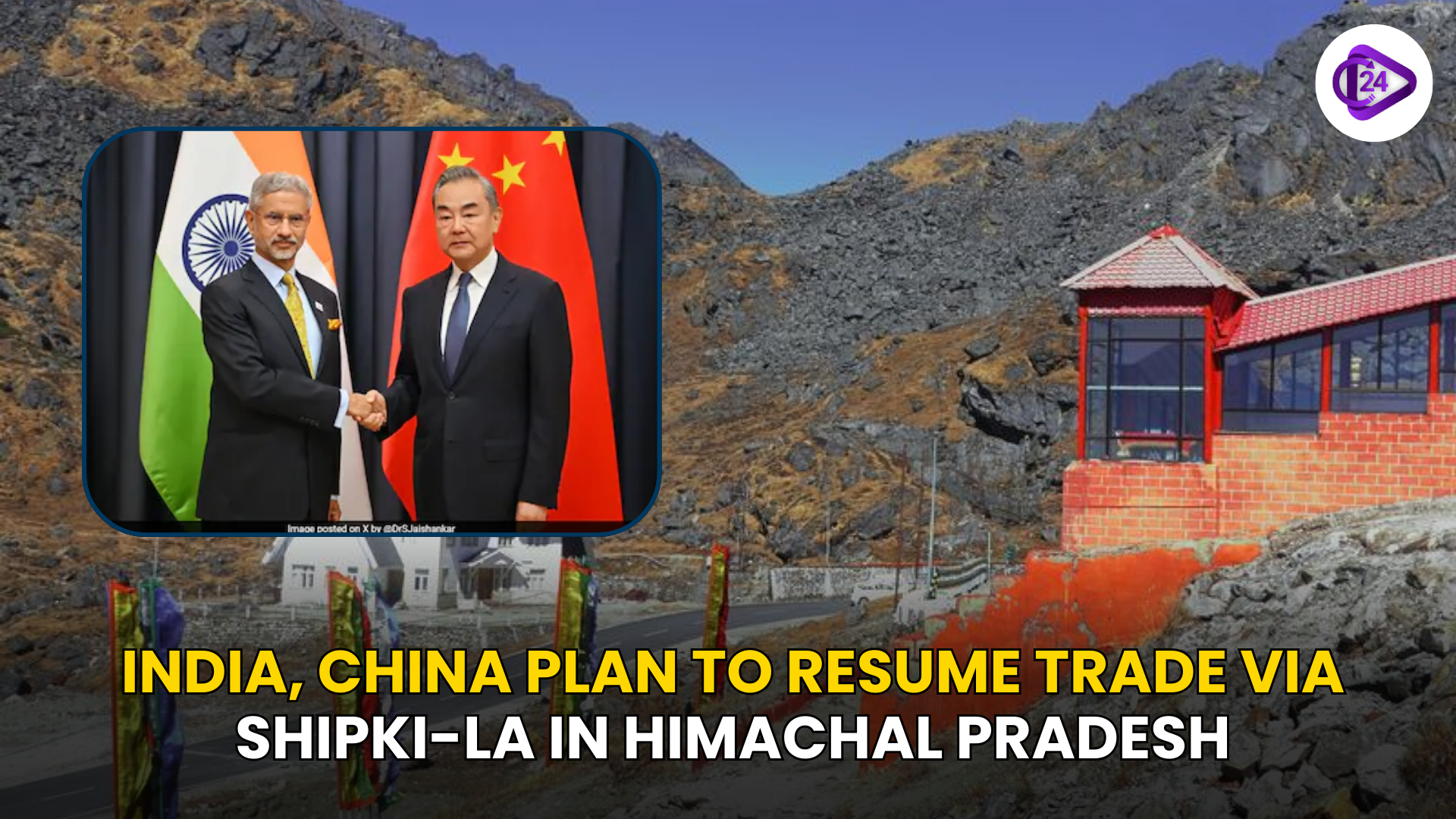
Prime Minister Narendra Modi attended the Shanghai Cooperation Organisation (SCO) summit at Tianjin where he met the Chinese President, Xi Jinping. The two presidents highlighted peace and quiet along the India-China border and assured to have a just, reasonable and mutually agreeable solution to the boundary issue. They also talked of trade, investment, people to people relations, terrorism and regional cooperation. Both leaders emphasised that the border problem must not characterize the general bilateral relations and that India and China are developmental partners but not competitors.
Key Outcomes
-
Border Peace and Tranquillity
-
Both leaders admitted successful disengagement in 2024.
-
Commitment to a fair, reasonable, and mutually acceptable resolution of the boundary question.
-
It was stressed that the border problem should not characterize general relations.
Bilateral Relations
-
Covenant to enhance people to people relationships:
-
Direct flights, visa facilitation.
-
Resumption of Kailash Mansarovar Yatra and tourist visas.
-
International collaboration to fight terrorism.
-
Facilitation of equilibrium trade and investment, resolution of trade deficits.
-
Mutual acknowledgment of strategic autonomy.
Global & Regional Cooperation
-
International coordination on bilateral, regional, and global matters such as terrorism and equitable trade.
-
Emphasis on cooperation over rivalry – “development partners, not rivals.”
-
The metaphor that Xi uses in describing the India-China partnership is the cooperative pas de deux of the dragon and the elephant.
Other Diplomatic Engagements
-
PM Modi visited the Senior General Min Aung Hlain of Myanmar:
-
India promotes peace process and developmental needs in Myanmar.
-
Encouraged fair and inclusive elections in Myanmar.
-
Went to the SCO banquet with the leaders such as Putin and Pakistani PM Shahbaz Sharif.
-
Invited President Xi to BRICS Summit 2026 in India.
Significance
-
The stability in the India-China border plays a significant role in the security and economic collaboration in the region.
-
Emphasis on trade, strategic autonomy, and people-to-people links signals normalisation of relations post-2020 border tensions.
-
Remarkable of the multi-alignment and active diplomatic policy of India to balance India-China, India-US and other world powers.
Conclusion
The India-China encounter is a good beginning towards bilateral relations characterised by dialogue, trust-building, and practical interaction. The two countries are trying to boost regional, economic, and cultural performance by isolating the border problem while trying to improve overall relations. The agreement on respect and strategic cooperation shows that India and China are not looking at each other as rivals but are moving towards development cooperation, which will establish stability in the region and a positive multilateral relationship.



 INDIA - USA JOINT MILITARY EXERCISE YUDH ABHYAS 2025
INDIA - USA JOINT MILITARY EXERCISE YUDH ABHYAS 2025 Over 700 Armed Forces Personnel Set to Participate in ‘Exercise Bright Star 2025’
Over 700 Armed Forces Personnel Set to Participate in ‘Exercise Bright Star 2025’ India Partners with World Food Programme to Combat Global Hunger
India Partners with World Food Programme to Combat Global Hunger Strengthening Defence Ties: Indian Army Chief General Upendra Dwivedi’s Visit to Algeria
Strengthening Defence Ties: Indian Army Chief General Upendra Dwivedi’s Visit to Algeria India, China Plan to Resume Trade via Shipki-La in Himachal Pradesh
India, China Plan to Resume Trade via Shipki-La in Himachal Pradesh Hawaii’s Kilauea Volcano Erupts Again with 100-Foot Lava Fountains
Hawaii’s Kilauea Volcano Erupts Again with 100-Foot Lava Fountains Iran Conducts Naval Drill Sustainable Power 1404 – First Since War With Israel
Iran Conducts Naval Drill Sustainable Power 1404 – First Since War With Israel NASA Launches AI Model Surya to Predict Space Weather
NASA Launches AI Model Surya to Predict Space Weather Iran launches its first navy drill since war with Israel
Iran launches its first navy drill since war with Israel






